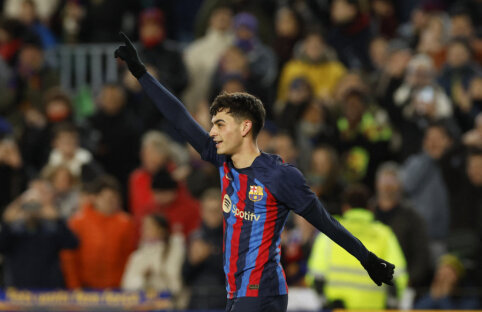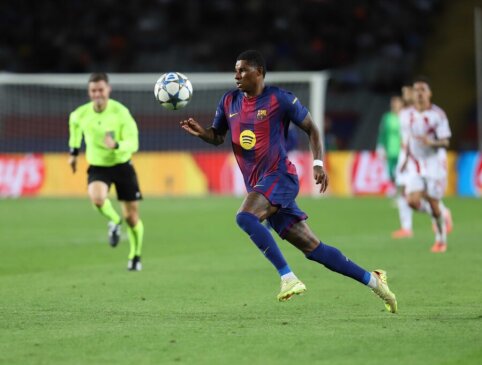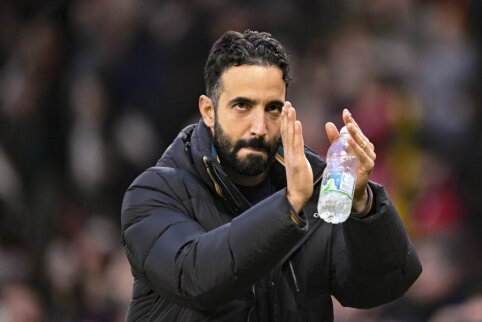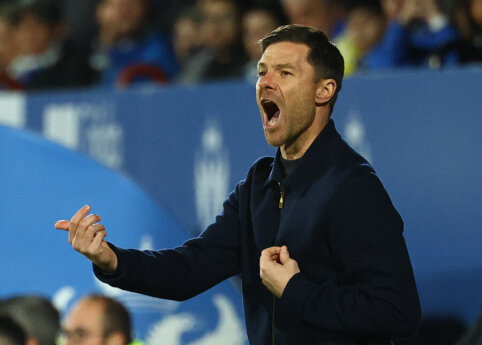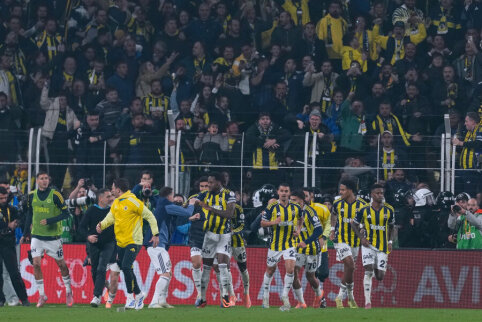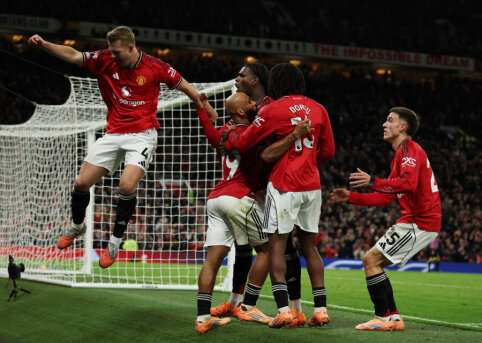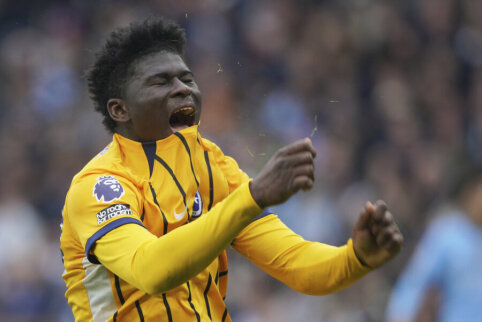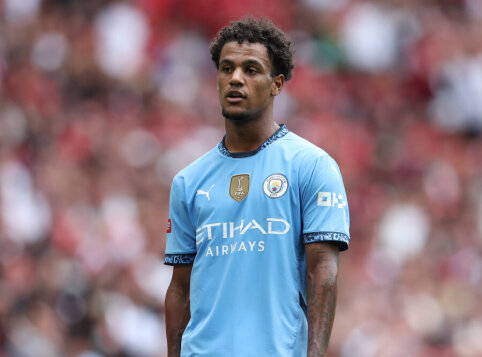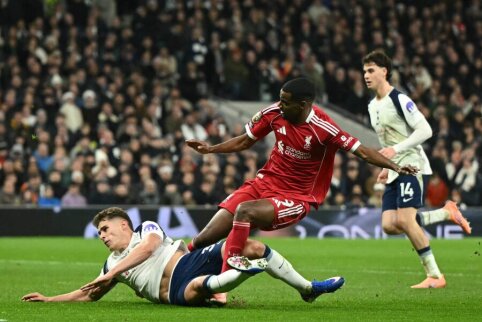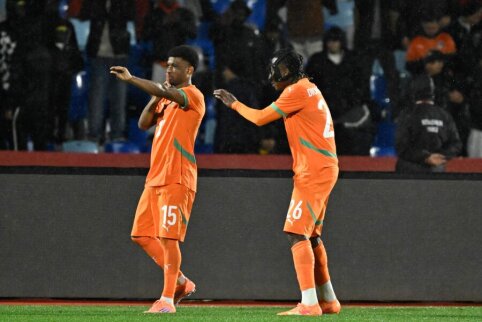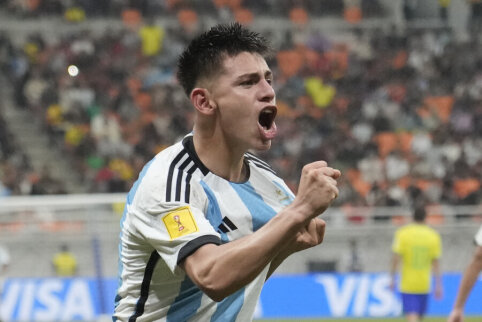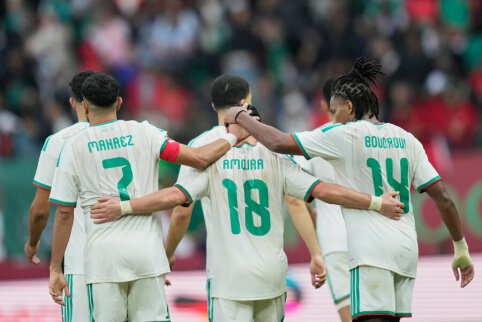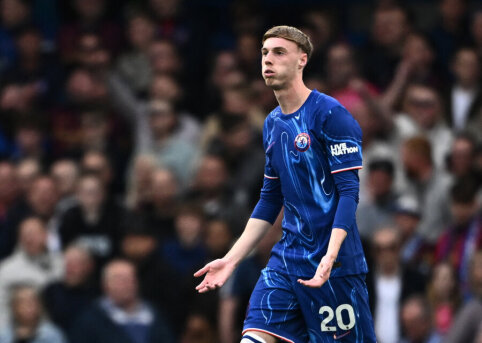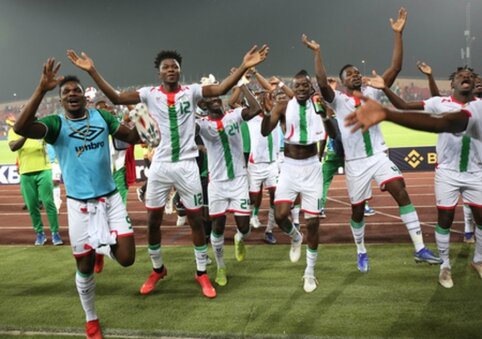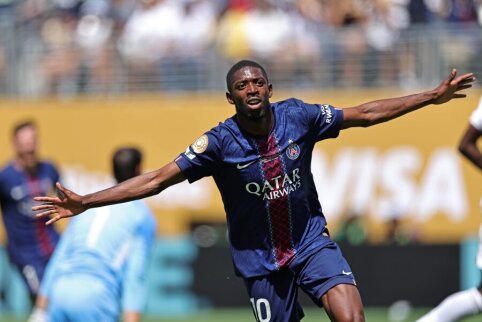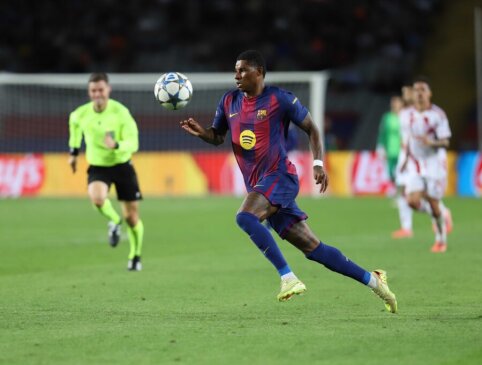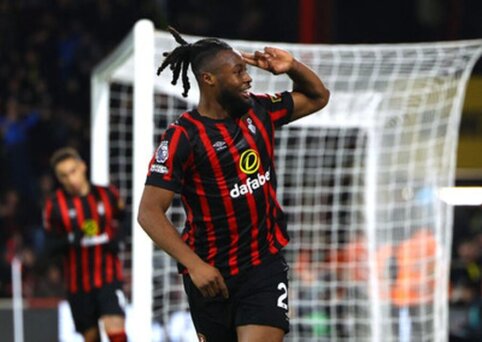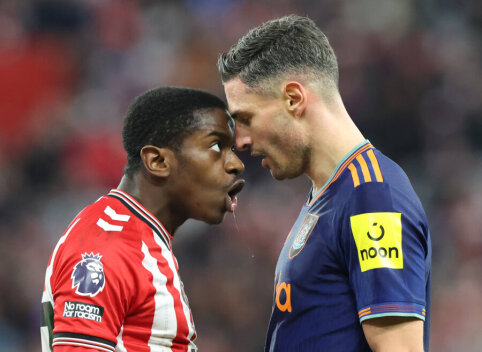 © EuroFootball.com
© EuroFootball.com
So, everything that is good must come to an end. Last weekend, such an ending came for the 2003-2004 Spanish championship.
In the final round, spectators with various tastes could enjoy something interesting: they could observe the agony of a dying person ("Real"), a high-level boxing match (the match between "Sevilla" and "Osasuna"), and crying men ("Celta" and "Valladolid"). The ending was truly interesting - even the team that won both the Spanish championship and the UEFA Cup this season, "Valencia," could not beat "Albacete" at home in the final round and thus finished the championship on a high note.
That was how this season ended, more or less as expected, although there were various ups and downs throughout the season.
On the last day of the championship, when "Real" suffered their fifth consecutive defeat in the Spanish championship (a first in the club's history!), enraged club fans needed a scapegoat - which turned out to be the team's coach Carlos Queiroz. After a few hours, Camacho took over the club's helm - always with almost sweaty armpits and expressive gestures.
It had become almost routine - when "Real" was in trouble, the first person to call was Camacho. Well, last time he led the club for only 22 days. Then he simply thought he didn't need to waste promises about a brighter tomorrow. It's hard to say if this time will be different. However, if the club is in crisis - Camacho's name is on the club's list of saviors.
It is worth mentioning the opinion of a Spanish newspaper editor about this coach: "Camacho is the most overrated coach in Spanish history. He simply occupies space."
Camacho's career achievements are no different from those of many other coaches - recently he won the Portuguese Cup with "Benfica." And he talks a lot. This always happens whenever "Real" faces a crisis.
Queiroz spoke little, and that probably means he was a bad coach. Although, truth be told, he is hardly to blame for the failures of "Real." A coach without experience leading such a high-level team cannot work miracles. Or maybe he was hired to help Beckham feel at home? That sounds a bit absurd, but it wouldn't be very surprising. Whatever the reason, "Real" would like to erase this period from its history.
There were no shortage of last-minute surprises in Seville, where the local team had to win in order to play in the UEFA Cup next year. This was probably a significant reason to fight with all their might. However, the scene on the field resembled episodes from "The Lord of the Rings." This is also reflected by the fact that "Sevilla" ranks 18th among Spanish teams in the "Fair Play" list. As strange as it may sound, the "tournament" was won by "Murcia," which finished last in the championship and was a prominent underdog.
"Osasuna," whose name translates from Basque as "health," finished in the middle of the table for fair play. However, in the final round, they were "Nojuganda nada," which translates from Spanish as "not fighting for anything." Although the club seemed like a serious contender for most of the season to take a place guaranteeing the right to play in the UEFA Cup next year, it fell to 12th place at the end of the season.
The clashes between these two teams, Sevilla and Osasuna, were always fierce. But the last match of the season was more like a boxing ring. The left hook "written" by Bakayoko to Alfaro would not have disgraced the best boxers in the world heavyweight boxing championship.
After this blow, 'Dr. Alfaro' could not find his place - he was overwhelmed by a feeling of revenge. For a while, he tried to reach Bakayoko, but was escorted off the field by security personnel.
Meanwhile, as tempers cooled (if you can say so), Baptista scored his twentieth goal of the season and helped Sevilla deservedly secure a place in the UEFA Cup next year. Deservedly so, because even though they sold their leader Jose Antonio Reyes in the summer, they managed to do well even without him.
The decision of the Spanish Football Federation to punish three "Osasuna" players with a four-match ban, and Alfar with a milder - two-match ban, seems very fair, and perhaps even too lenient.
It is worth noting that "Osasuna" drew the most in this season - as many as 15 matches. This club also provided some kind of sensation - they, by winning 3-0, became one of the first teams to influence Real's downfall.
At the bottom of the table, Luis Fernandez performed a sort of miracle - salvaging "Espanyol" from relegation to a lower league, which had managed to earn only five points in the first ten games of the season. Although they finished last on the "Fair Play" list, let's not dwell on that now.
We must thank the eccentric Fernandez for helping De La Pena play as he used to. In the season's finale, he scored two goals and became the Spanish Championship's Most Assisting Player, having made 13 assists throughout the season - three more than Beckham.
Unfortunately, the player he helped the most to score goals - Raul Tamudo - will not go to the European Championship, despite scoring 19 goals this season. Also not going to Portugal is the "Marseille" horror Mista, who while playing for "Valencia" also scored 19 goals in the Spanish Championship. It should not be forgotten that both of these players became the top Spanish scorers in the championship, as the most prolific player of the championship was the Brazilian Ronaldo. However, the national team coach's decision is final and indisputable - if he decided he needed fewer goalscorers but more hardened players for high-level matches, then that's how it will be. Well, maybe this statement does not apply to the young Fernando Torres. However, his call-up to the national team is for another reason - he is already considered the most promising Spanish forward and its future, so it is not surprising that the national coach wants to toughen up the young player gradually in high-level matches. In any case, conclusions will be drawn after the European Championship. And if Spain fails, the coach's decision to take Raul, who had a poor season, instead of Tamudo and Mista, who were in excellent form, will certainly not be forgotten.
Next year, we will not see the teams "Celta" and "Valladolid" in the league, as they will join the lesser-known team "Murcia." "Celta" became the first team in the same season to play in the Champions League and drop out of the top division of their country. Few expected such a performance from them, but it turned out to be excellent proof that in football, confidence in one's abilities is also important, not just displayed games.
Probably the biggest surprise of the season was not "Real's" downfall, but the two "Barcelona" faces - before and after Christmas. It is said that during the short Christmas break, the Catalans hired a psychologist who helped the club's players regain their mental balance. If that was indeed the case, then that person truly deserved every penny of their salary. And it is possible to think that the next client of this psychologist will be "Real."
Looking at the statistics, undoubtedly the best goalkeeper of the season was "Valencia" goalkeeper Santiago Canizares, but he probably had the best defense of the season. In the Spanish championship, "Valencia" conceded only 27 goals - a truly impressive achievement.
Believe it or not, the most supported team of the season was "Albacete." Of course, they earned this title based on a peculiar calculation - their 17,000-seat stadium was filled on average to 89% capacity in every match. In second place regarding this indicator was "Valencia" - where the stadium was filled to 87% capacity on average during matches, "Real" was in fourth place - 85%.
It is certainly difficult to compare the 286 thousand fans who watched "Albacete" play at their stadium with 1,281,000 spectators who paid large sums to watch "Real" matches at the prestigious "Santiago Bernabeu" stadium. In any case, these are quite interesting calculations.
Looking at the second Spanish league, which is just a few rounds away from its completion, we can say that next year in "La Liga" we will likely see "Levante," "Numancia," and "Alaves." Of this trio, only "Numancia" currently seems a bit too weak for top-level matches. However, "Sporting" and "Getafe" have a good chance of outperforming these three teams.
The best team of the season, which demonstrated the best team play, can confidently be called Bilbao "Athletic." The fact that they will play in the UEFA Cup next year is not a result of stars, but the merit of superbly synchronized players.
The young talents of this Basque club - Yeste and Del Horno - probably deserved to represent their country at the European Championship, but the national team coach had a different decision. Regardless, their time will come. The biggest question now is whether Spain will finally win the title of European champions. This is not just a question but also Spain's biggest goal.
